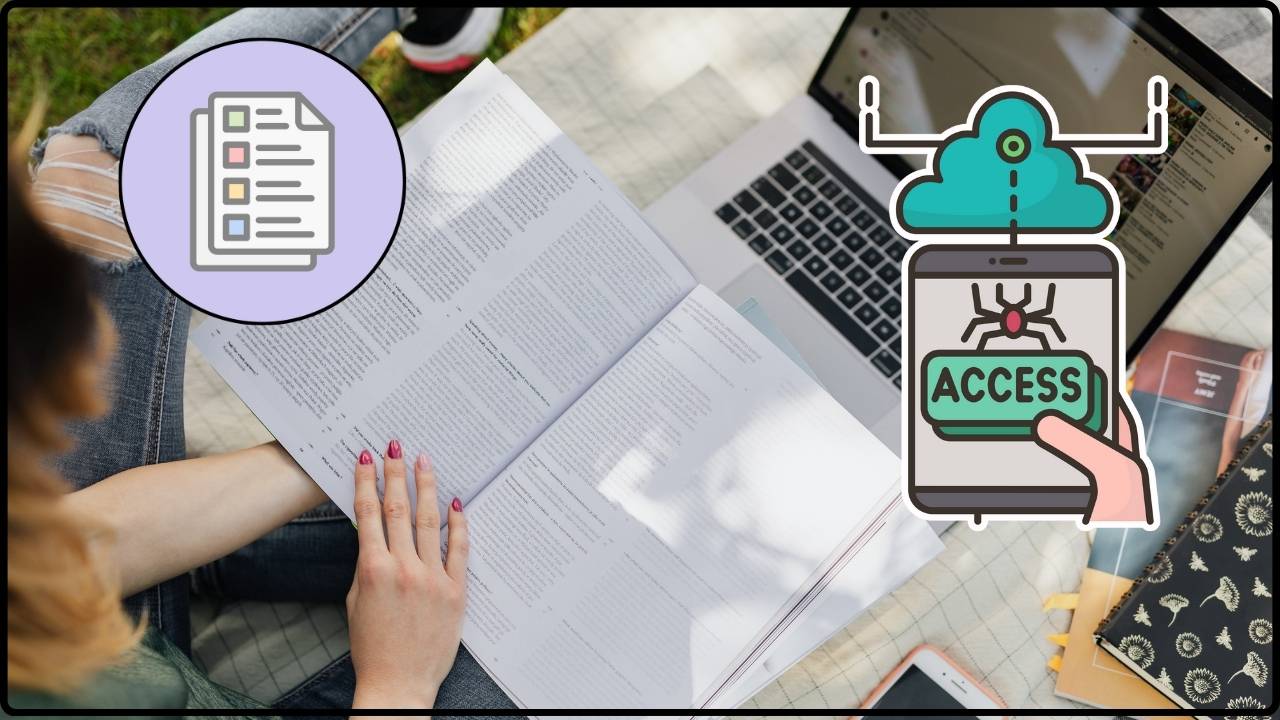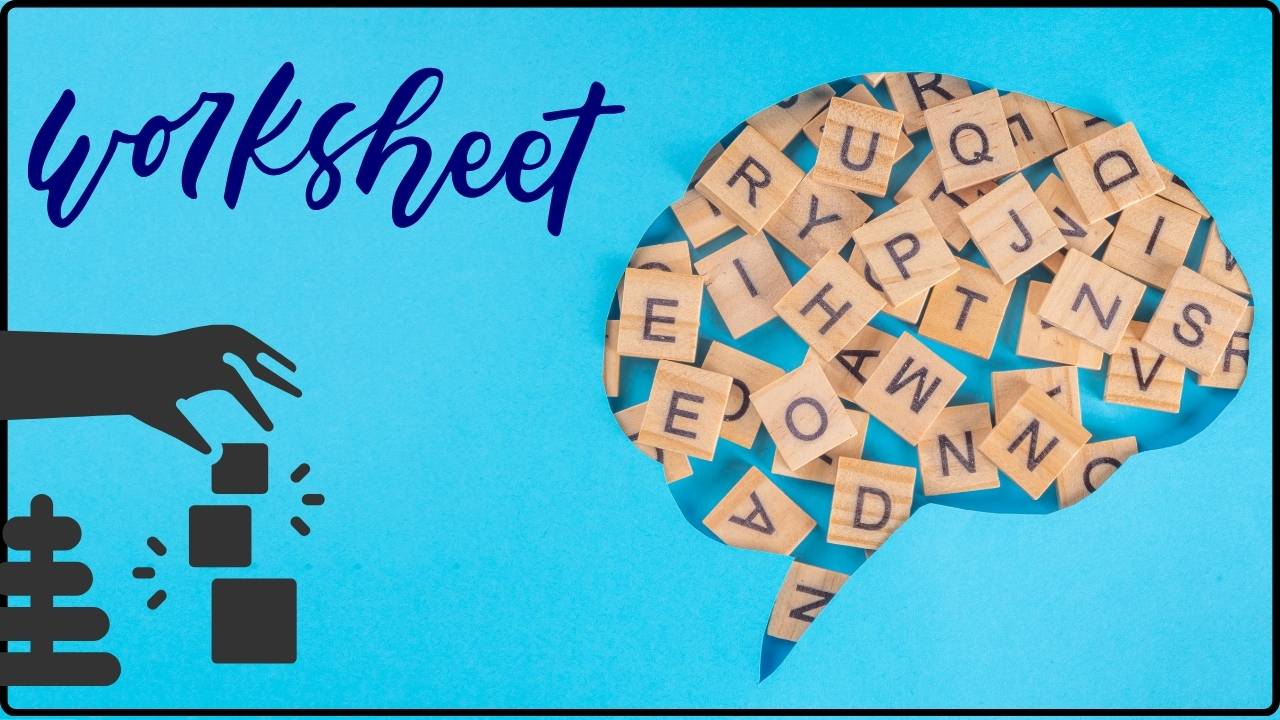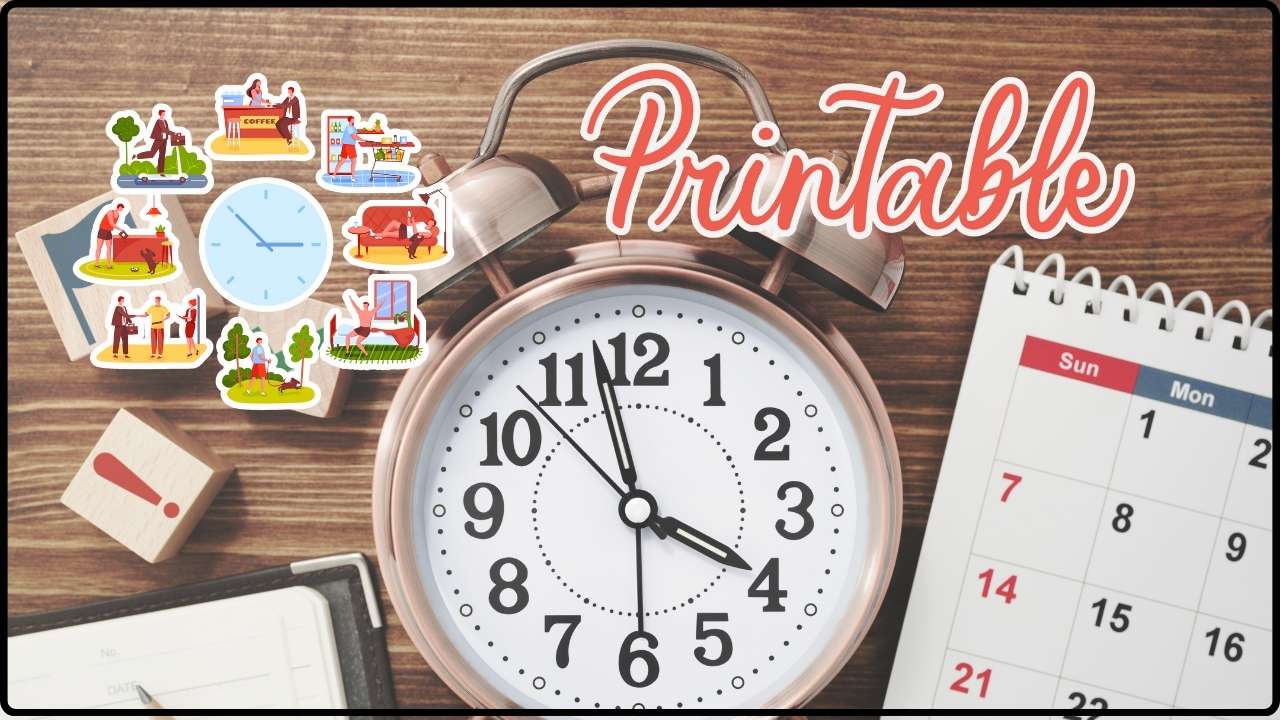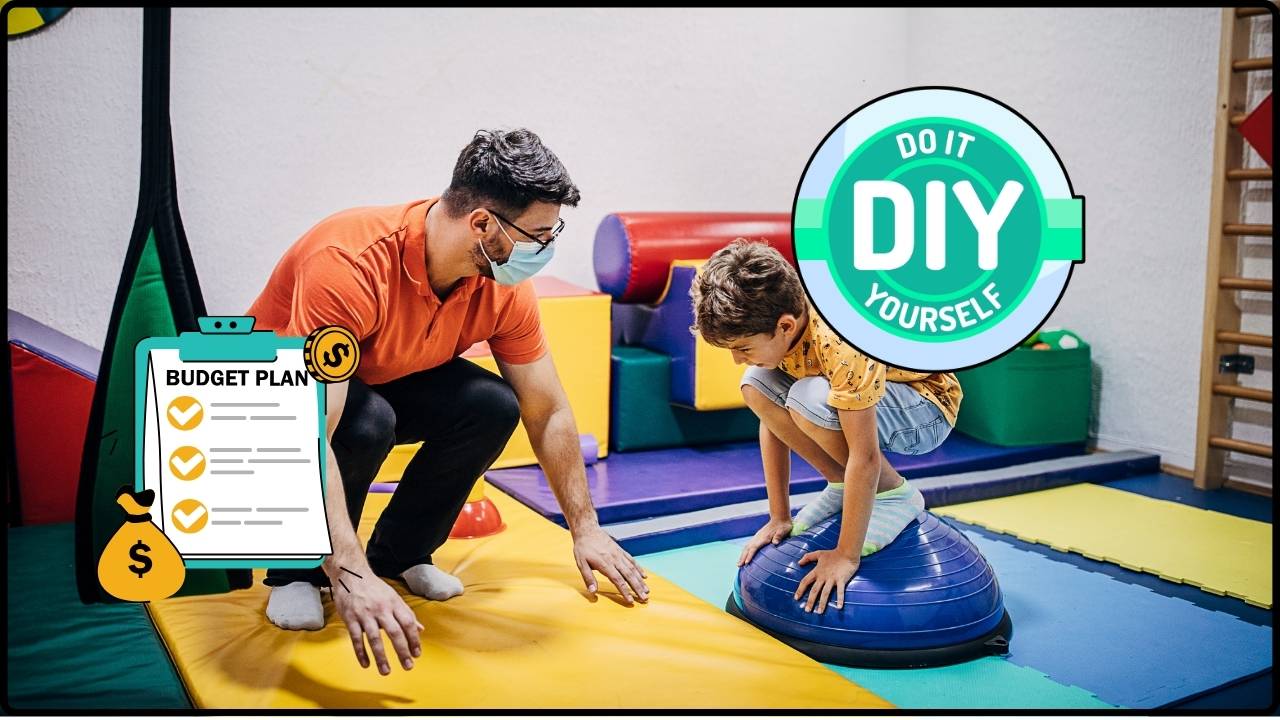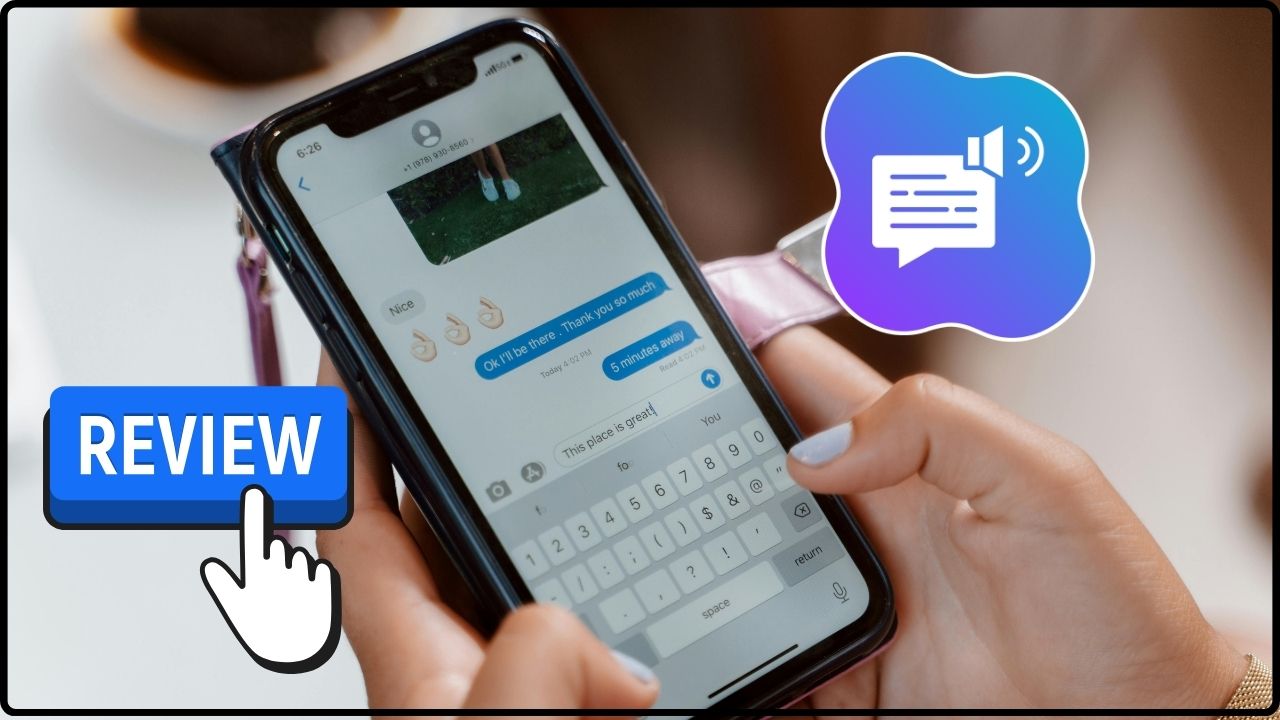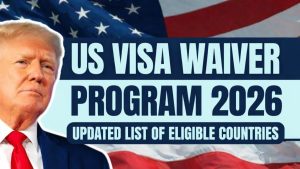Seminar Calendar 2025: If you’re hunting for the Seminar Calendar 2025: Top Accredited Training for Inclusion Points, you’re probably trying to do two things at once: level up your skills and make sure those hours actually count for something on paper. In 2025, diversity, equity, and inclusion (DEI) training isn’t just a “nice extra” – it’s linked to performance, innovation, and compliance across U.S. workplaces and schools. This guide breaks down what “inclusion points” really mean, how to use the 2025 seminar calendar like a pro, and which accredited trainings give you the best return on your time and money. The goal is simple: explain it clearly enough for a 10‑year‑old, but deep enough that an HR director, school leader, or people manager still gets real value.
Table of Contents
Seminar Calendar 2025
The Seminar Calendar 2025: Top Accredited Training for Inclusion Points is more than a date list—it’s your strategy map for building real, recognized skill in diversity, equity, and inclusion. By choosing accredited providers, planning out your year, and tracking your points, you turn scattered seminars into a coherent professional development journey. Whether you’re in HR, education, or leadership, the right 2025 inclusion training can help you create safer, more innovative spaces and give you the credentials to back it up. Pick your goals, study the calendar, and start stacking those inclusion points in a way that actually moves the needle for you and your community.

| Item | Details |
|---|---|
| Main keyword focus | Seminar Calendar 2025: Top Accredited Training for Inclusion Points |
| Typical course duration | From 2–3 hour webinars to 4–8 week certificate programs |
| Average DEI investment (U.S.) | Around 1,847 USD per employee in 2025 corporate DEI spending |
| U.S. corporate DEI spending | Approx. 8.2 billion USD in 2025 |
| Measurable benefits | Higher innovation, stronger retention, better engagement, improved profitability |
| Who needs inclusion points | HR pros, managers, teachers, school leaders, social workers, nonprofit leaders |
| Example accredited providers | Coursera (university‑backed), eCornell, American Management Association, corporate DEI vendors |
What Does “Seminar Calendar 2025: Top Accredited Training for Inclusion Points” Really Mean?
When people talk about a seminar calendar for 2025, they usually mean a curated list of accredited DEI and inclusion trainings, spread across the year, that let you earn credits, CEUs, or PD hours that your employer, licensing board, or professional association will recognize.
Those inclusion points might show up as:
- Continuing education units (CEUs) for teachers, social workers, or counselors.
- SHRM / HRCI credits for HR professionals.
- Internal learning credits for corporate leadership, promotion, or bonus criteria.
Think of it as your roadmap: a 2025 schedule of when, where, and how to grab high‑impact, officially recognized DEI training.
Who This Guide Is For?
This complete article is designed for:
- HR and People Ops folks trying to build or update an annual DEI training plan for their organization.
- Educators and school leaders who need inclusion-focused PD that actually counts toward district or state requirements.
- Team leads, managers, and executives who want accredited proof that they’ve trained on bias, equity, and inclusive leadership.
If any of that sounds like you, you’re exactly who this Seminar Calendar 2025 content was written for.
Why Inclusion Training Matters So Much in 2025?
Let’s get real: in the current U.S. climate, DEI is under both pressure and a spotlight. Some big companies have scaled back older DEI programs, but at the same time, data shows investment and expectations are still growing.
A few important numbers:
- U.S. corporations are projected to spend about 8.2 billion USD on DEI in 2025.
- Companies with inclusive cultures are significantly more likely to report higher innovation and better financial performance.
- Around 68% of organizations now have dedicated DEI roles, and over 60% actively measure DEI outcomes or ROI
So when you earn accredited inclusion points, you’re not just ticking a box. You’re aligning your skills with what organizations actually need to stay competitive and compliant.
Research also reveals that companies scoring in the top quartile for ethnic and cultural diversity outperform those in the bottom quartile by 36% in profitability. Moreover, inclusive teams are proven to be 17% more productive. These statistics underline the necessity of continuous and effective inclusion training—it’s not just about compliance, it’s about real business success.
Top Types of Accredited Inclusion Training in 2025
Instead of one giant list of random events, it helps to split the Seminar Calendar 2025 into categories:
1. University‑Backed Online Certificates (Great for Resume Power)
These are structured, multi‑week programs that end with a recognized certificate.
Popular examples include:
- eCornell DEI Certificates – intensive online programs in Diversity & Inclusion for HR, leadership, and strategy, usually 2 months long with a strong credential.
- University‑run DEI courses on Coursera, such as inclusive leadership, racial equity, and bias awareness, often 3–6 weeks each and self‑paced
These are ideal if you want formal proof of expertise that still fits into a busy schedule.
University-hosted courses have the added advantage of being recognized across industries and state licensing boards. These programs often integrate real-world case studies and research, enhancing the applicability of lessons learned.
2. Corporate DEI & Inclusion Workshops (Great for Teams)
These are usually short, focused sessions—half‑day to two‑day—aimed at company‑wide culture shifting.
You’ll see offers like:
- Live virtual or in‑person workshops on unconscious bias, inclusive leadership, and psychological safety
- Gamified, tech‑enabled training using AI, micro‑learning, and interactive scenarios
Vendors and training providers increasingly highlight measurement tools to show behavior change and ROI, which matters when senior leadership asks, “So…did this actually work?”
Interactive sessions often feature role-playing, scenario-based learning, and personalized feedback, which research shows improves retention and application of DEI principles compared to lecture-only formats.
3. Education and Special Education PD (Great for Schools)
For K‑12 and higher‑ed, there’s growing emphasis on inclusive classrooms and special education:
- Professional development focused on inclusive teaching, Universal Design for Learning (UDL), and disability‑inclusive practices.
- Trainings that combine legal foundations, accommodations, and classroom strategies for learners with diverse needs.
These seminars often provide state‑approved PD hours or district‑recognized credits, directly feeding into your “inclusion points” tally.
Schools face unique challenges with inclusion, such as meeting IDEA (Individuals with Disabilities Education Act) requirements and addressing diverse student needs while maintaining academic standards. These trainings ensure educators are confident and compliant.
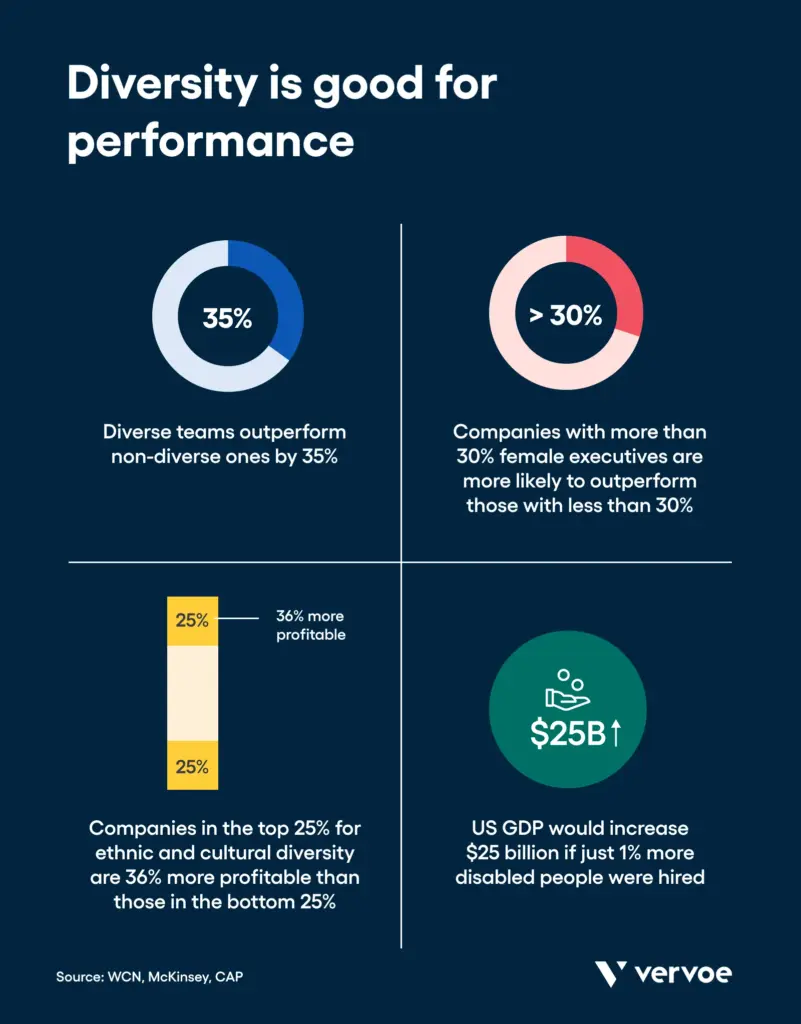
Step‑by‑Step: How to Use a Seminar Calendar 2025 to Earn Inclusion Points
Here’s a simple, 10‑year‑old‑friendly, but still pro‑level process you can follow.
Step 1: Clarify Your “Why”
Ask yourself:
- Do you need credits for a license or certification?
- Are you trying to improve your promotion odds or qualify for a people‑manager role?
- Are you responsible for rolling out DEI training in your school or organization?
Write down one main goal and one secondary goal. That will guide every choice you make.
Step 2: Map Your Required Points or Hours
Check with:
- Your licensing board (teaching, social work, counseling, etc.).
- Your HR or L&D department.
- Your professional association (SHRM, APA, bar associations, etc.).
Confirm how many hours, CEUs, or credits you need in 2025, and whether they must be from accredited or pre‑approved providers.
Step 3: Filter the Seminar Calendar
Take any Seminar Calendar 2025 (from your district, your company, a professional association, or a curated DEI platform) and filter events by:
- Accreditation / Approval – is the provider recognized by your board or employer?
- Format – live, on‑demand, in‑person, hybrid.
- Level – intro awareness vs. advanced leadership or specialist.
Stick a star next to events that both:
- Fit your schedule and budget, and
- Clearly mention certificates, CEUs, or inclusion‑related credits.
Step 4: Build a Simple Annual Plan
Instead of randomly signing up as things pop into your inbox, sketch out:
- Quarter 1–2 – Foundations: bias awareness, legal basics, inclusive communication.
- Quarter 3–4 – Advanced or Role‑Specific: inclusive leadership, data‑driven DEI, inclusive pedagogy, or disability inclusion.
Treat this like your DEI training playlist for the year: spaced, intentional, and layered.
Step 5: Capture Evidence and Reflect
After each seminar or course:
- Download and safely store certificates and transcripts.
- Log dates, hours, provider names, and topics in a simple spreadsheet.
- Write 3–5 bullet points on how you’ll apply what you learned (e.g., change a hiring question, adapt a lesson plan, tweak onboarding).
This reflection step helps you turn “I attended a thing” into measurable behavior change you can show your manager or licensing board.
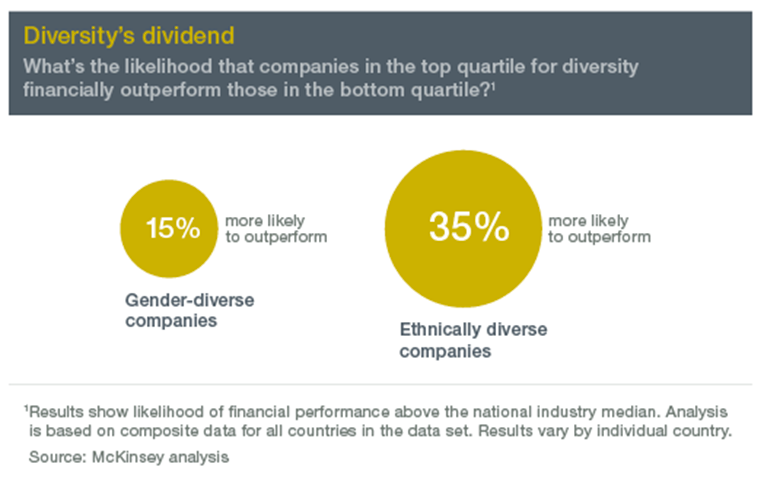
Inclusive Physical Education: Games and Adaptations for Mixed-Ability Groups
Behavioural Challenges: De-escalation Techniques for “Disruptive” Students
The “Green Classroom” Model: Utilizing Outdoor Learning for Sensory Regulation


